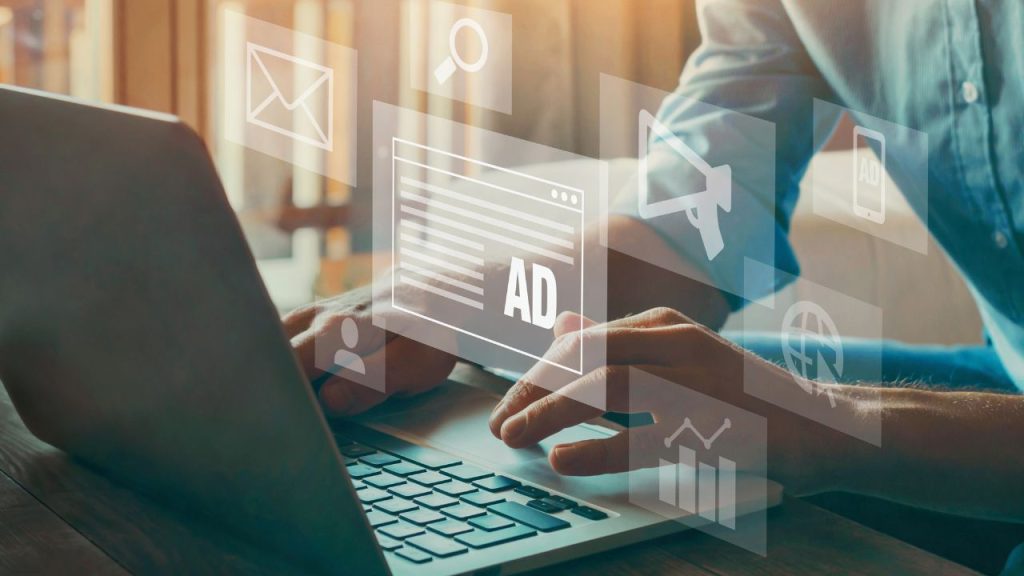The Future of Real Estate Marketing Auto Boosting and Lead Generation
In the rapidly evolving landscape of real estate marketing, automation, and lead generation are becoming pivotal strategies for staying competitive and maximizing efficiency. As technology continues to advance, so do the tools and tactics available to real estate professionals. Auto boosting and lead generation represent two critical areas where these advancements are reshaping the industry. Auto boosting refers to the automated process of amplifying the reach and visibility of real estate listings and promotional content across various digital platforms. Traditionally, real estate agents relied on manual methods to boost posts on social media or run advertising campaigns. However, with auto boosting, algorithms can now analyze data in real-time, adjust targeting parameters, and allocate budgets dynamically to ensure optimal performance. This not only saves time but also enhances the effectiveness of marketing efforts by reaching the right audience at the right time.

One of the key advantages of auto boosting is its ability to optimize ad spend. By leveraging machine learning algorithms, platforms can continuously analyze user behavior and engagement metrics to refine targeting strategies. This means that social media marketing real estate marketers can allocate their budgets more efficiently; focusing on high-potential leads likely to convert. Moreover, automation reduces the risk of human error in campaign management, ensuring consistency and reliability in performance. Beyond auto boosting, lead generation has also undergone significant transformation with the advent of advanced analytics and AI-driven tools. Traditionally, acquiring leads involved manual prospecting, cold calling, and networking. Today, however, sophisticated algorithms can analyze vast amounts of data to identify and prioritize leads with the highest propensity to buy or sell properties. This predictive capability allows agents to tailor their marketing efforts more precisely, offering personalized experiences that resonate with potential clients.
Moreover, AI-powered lead generation tools can streamline the entire process from lead capture to nurturing. Chatbots, for instance, can engage with website visitors in real-time, answering queries and collecting contact information round-the-clock. Machine learning algorithms can then analyze these interactions to qualify leads based on their readiness to transact, ensuring that agents focus their efforts on prospects most likely to convert into clients. The integration of automation and AI in real estate marketing not only enhances efficiency but also improves the customer experience. Automated systems can deliver personalized content and recommendations based on individual preferences and behavior, fostering stronger client-agent relationships. This personalized approach not only increases client satisfaction but also boosts retention rates and referrals, driving long-term business growth. Looking ahead, the future of real estate marketing will likely continue to be shaped by advancements in automation, AI, and data analytics. As these technologies become more sophisticated, real estate professionals will have access to even more powerful tools for reaching and engaging with prospective clients.
